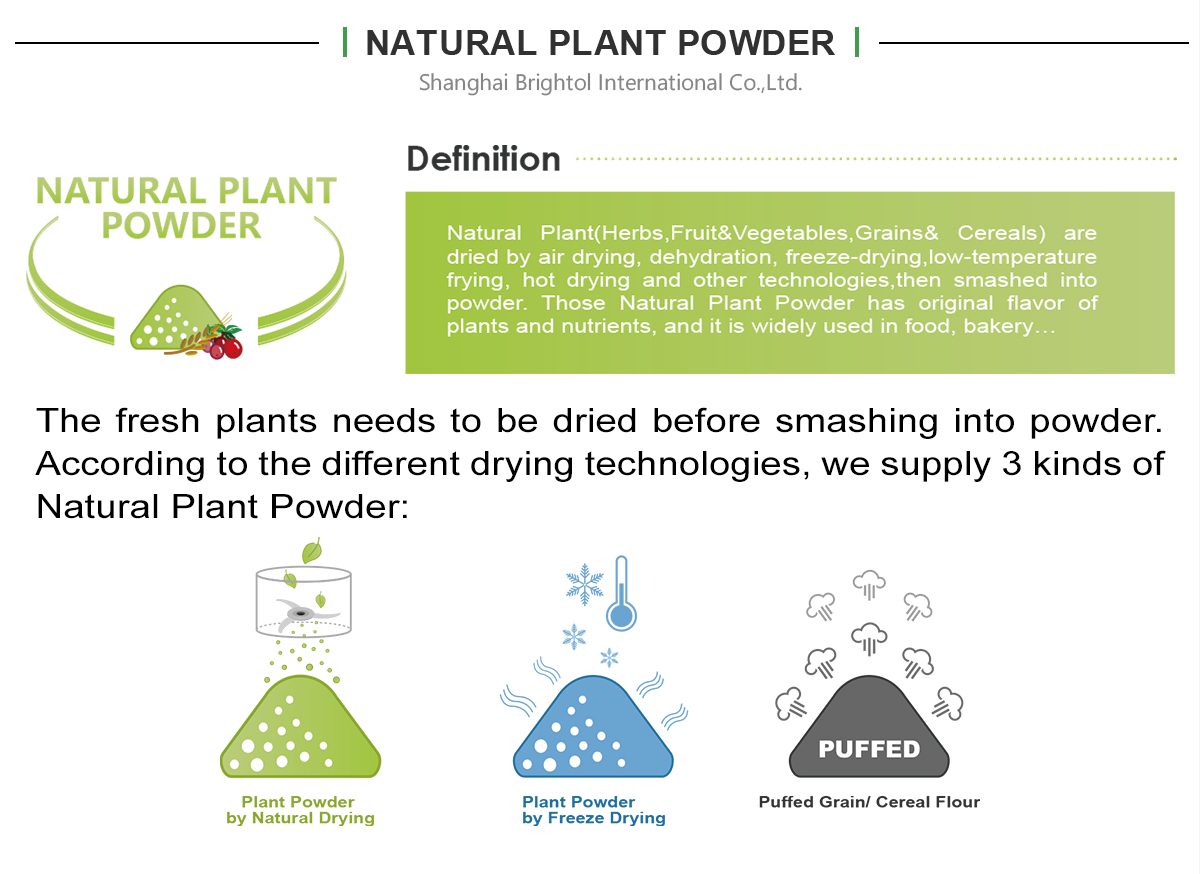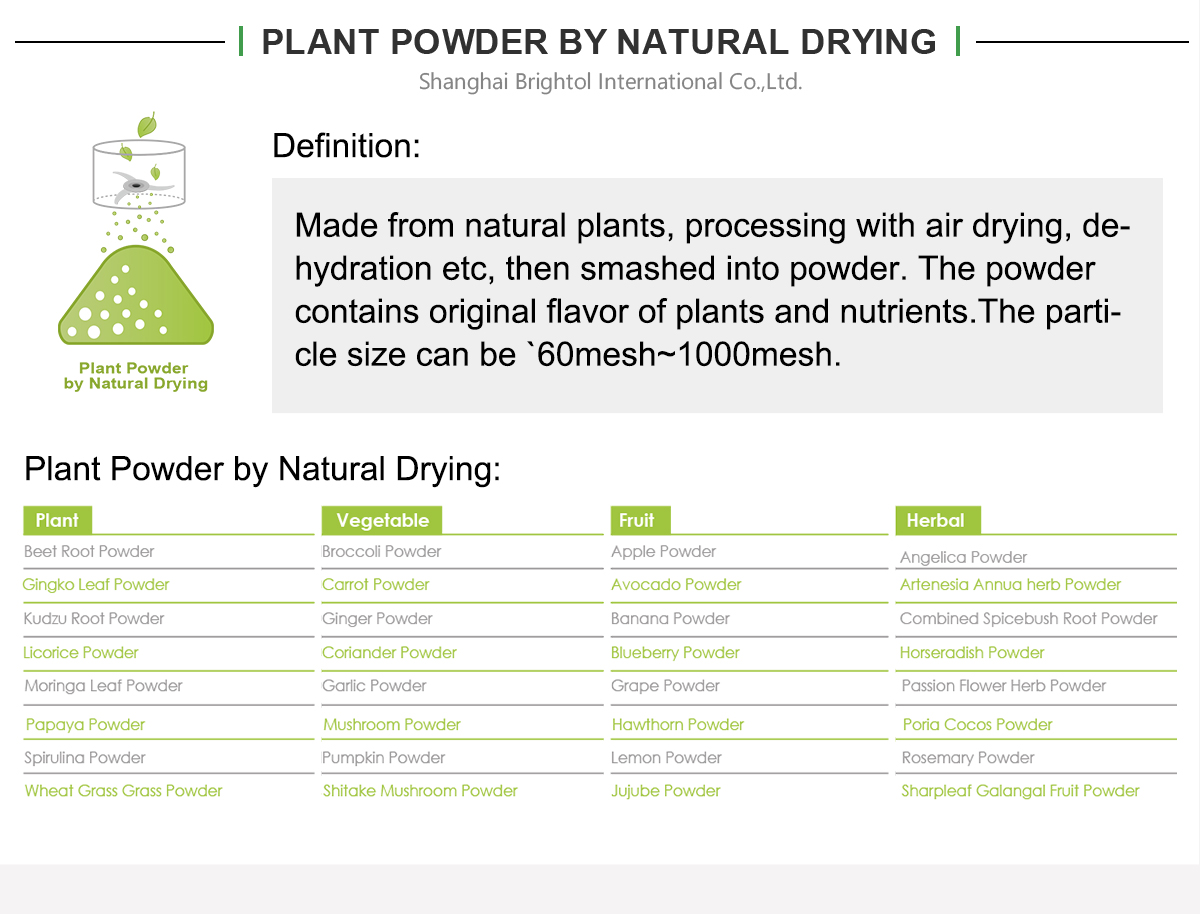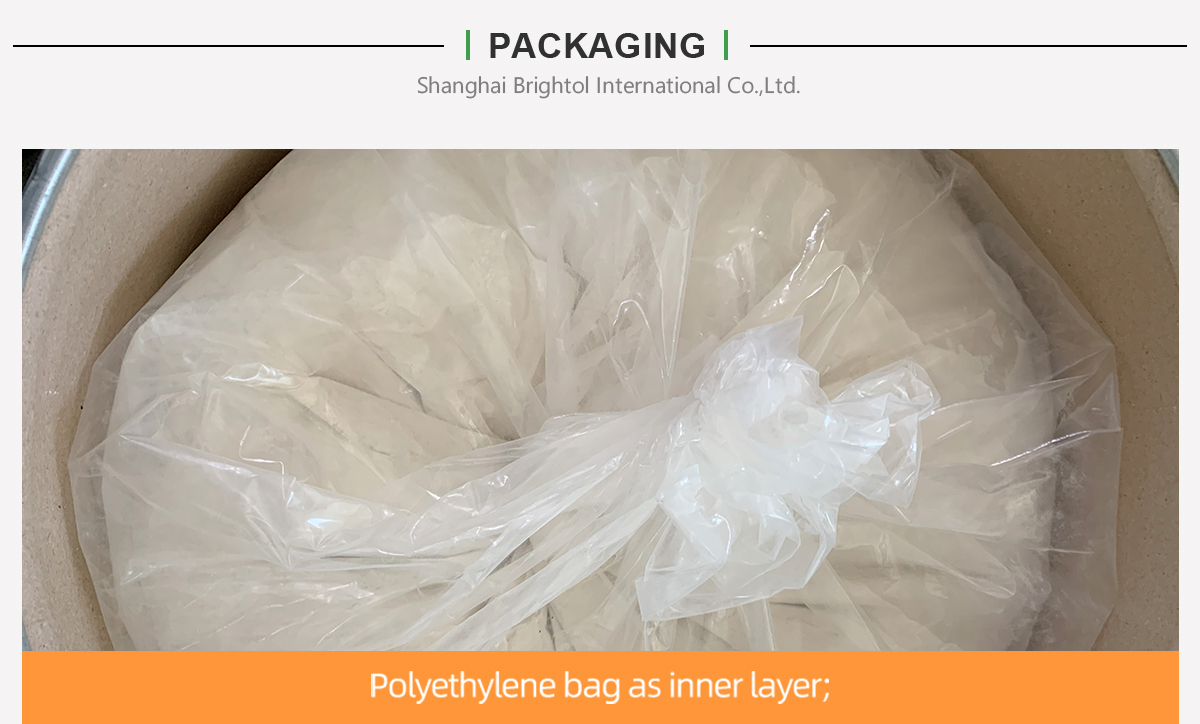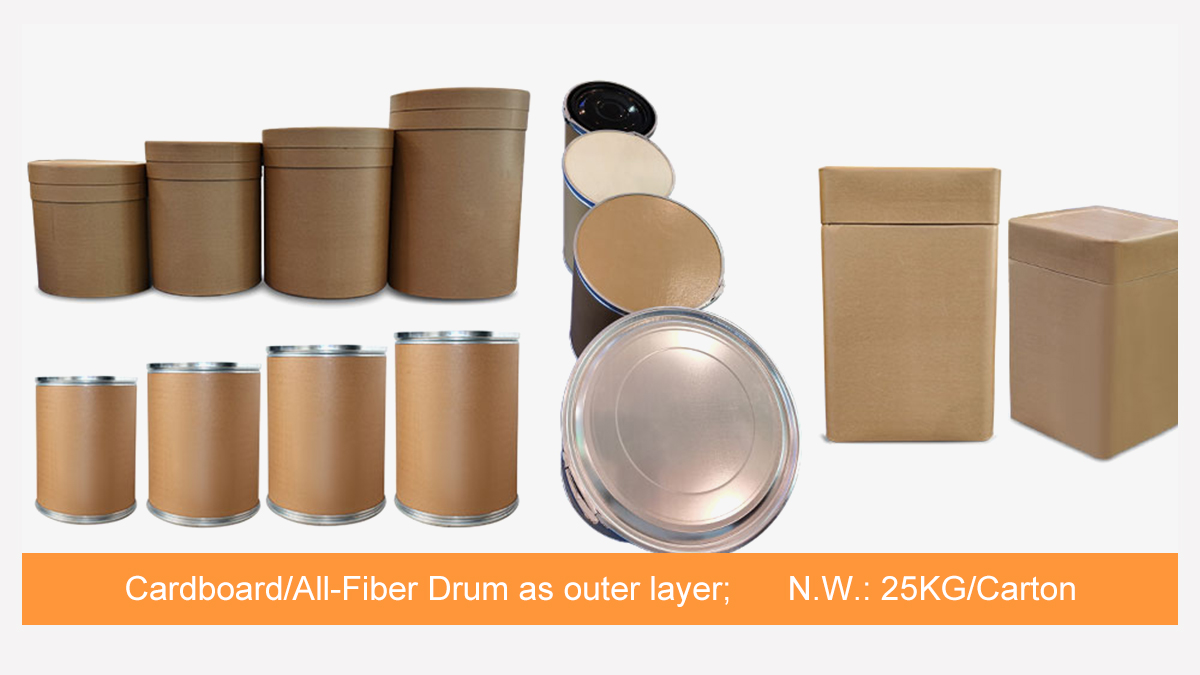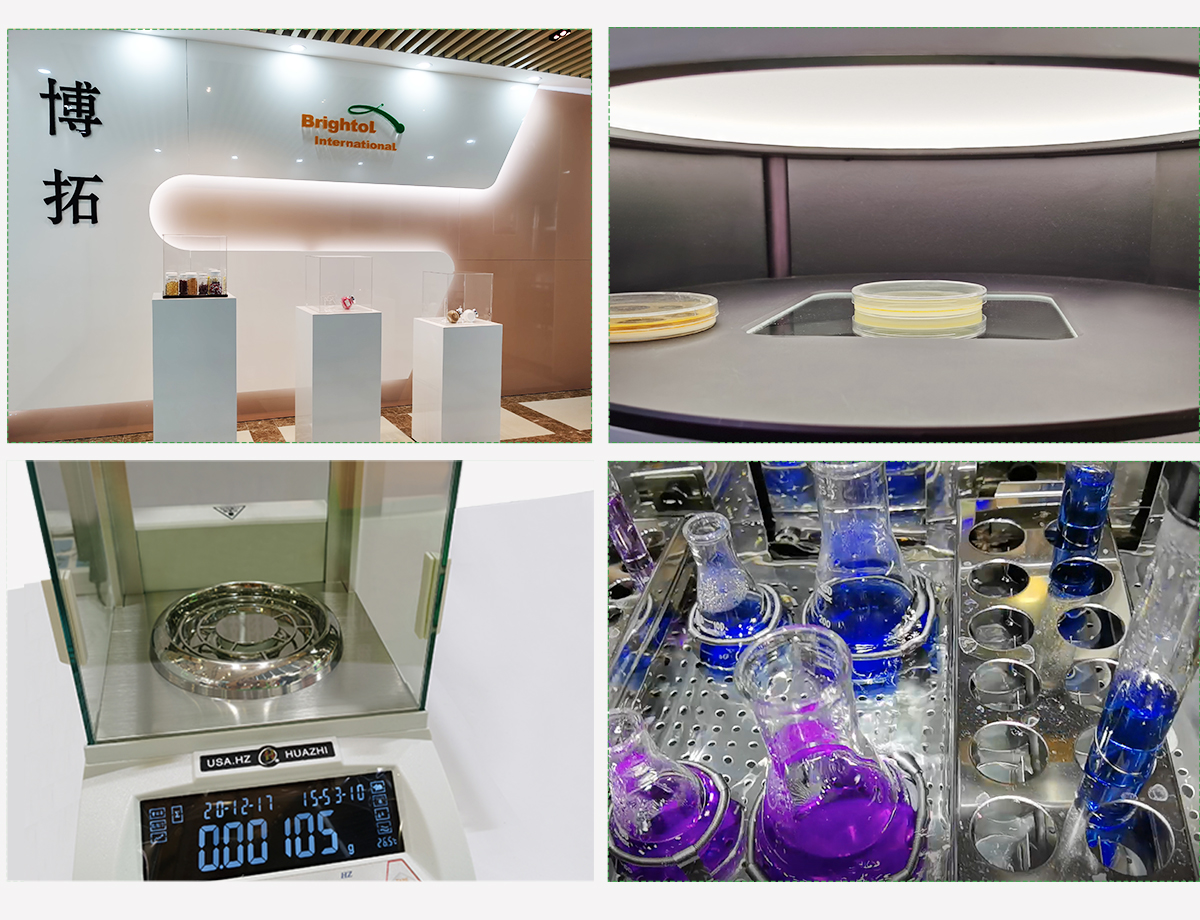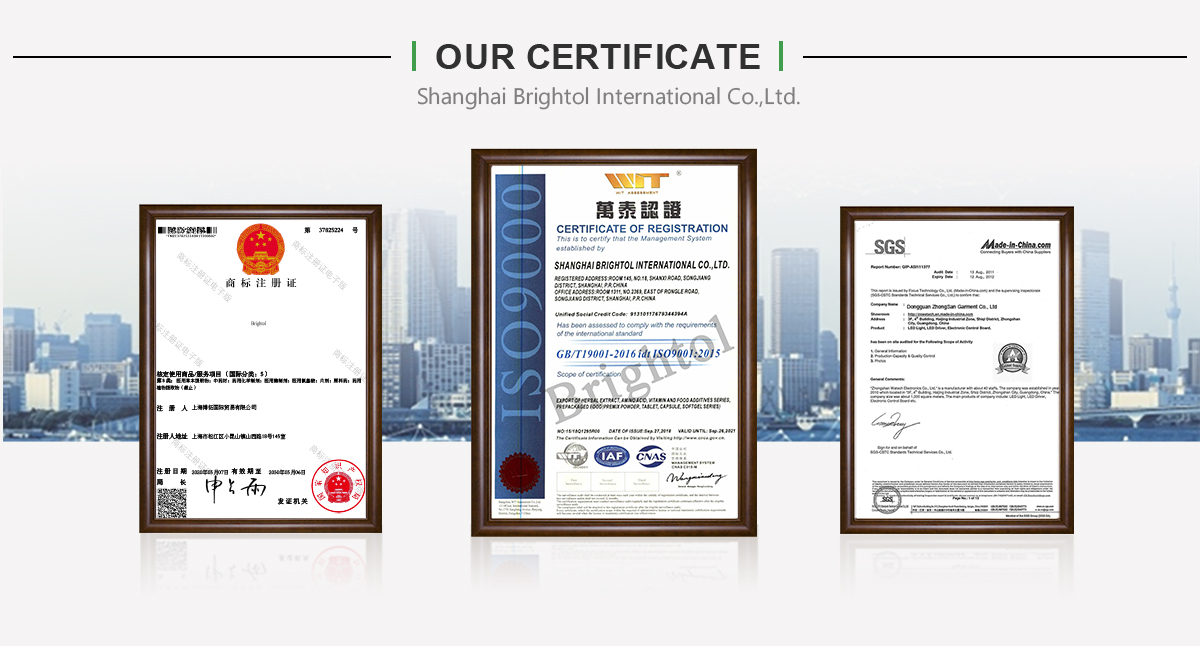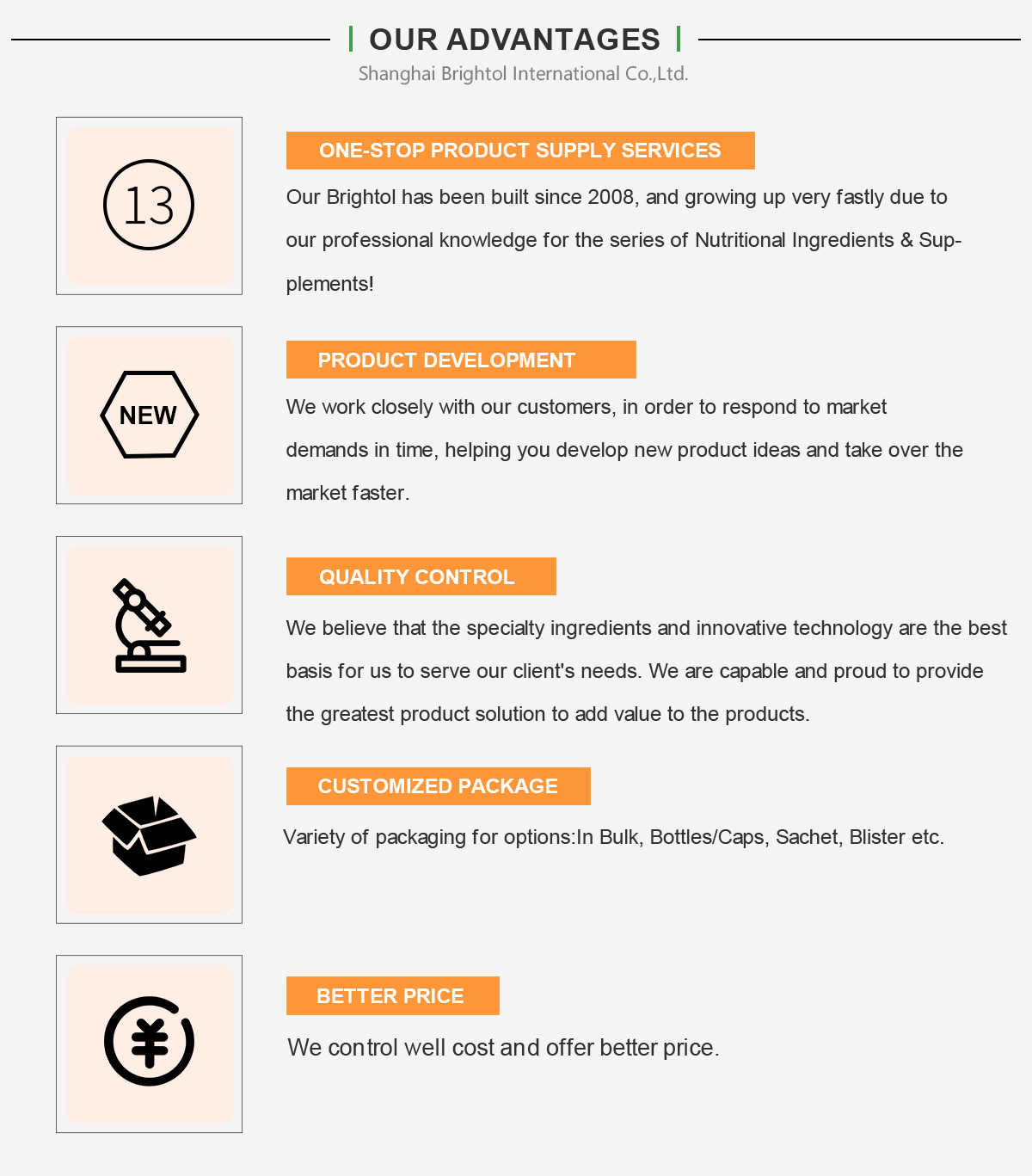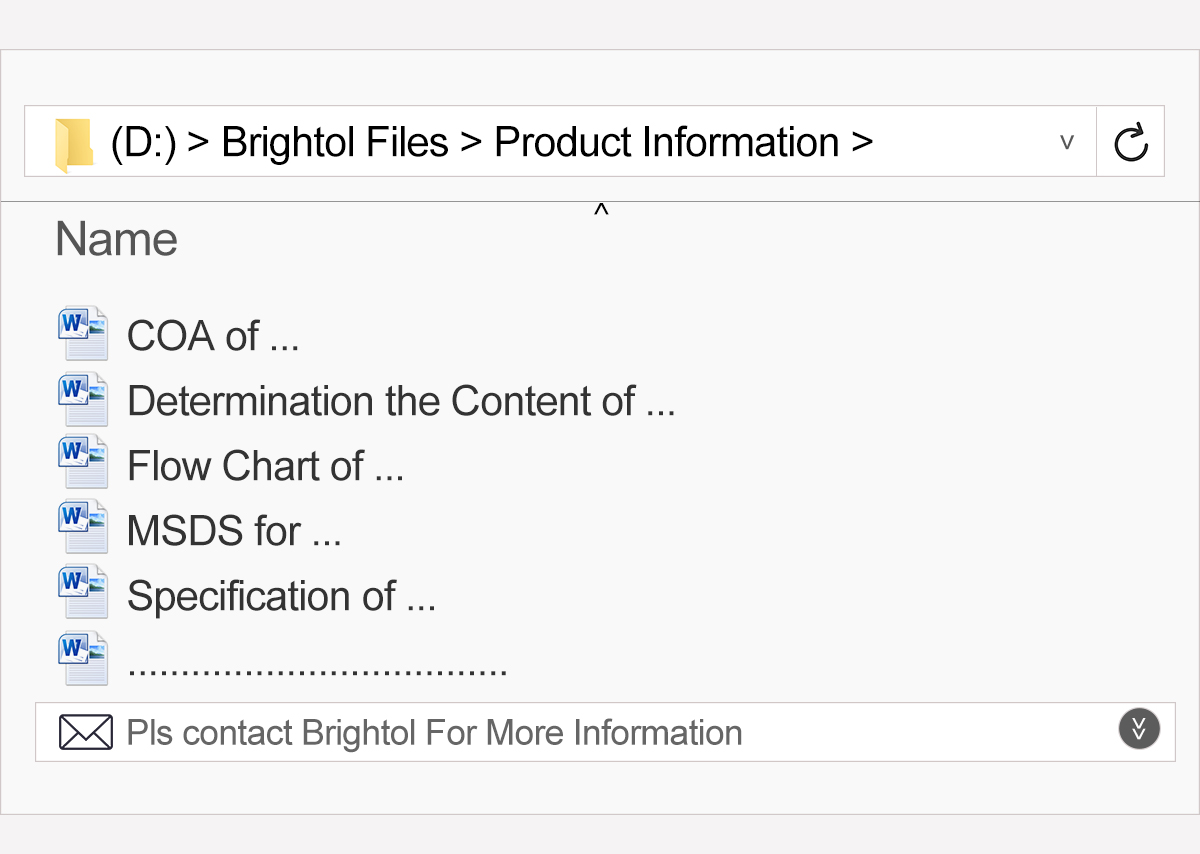

Description
Rhubarb is a plant. The root and underground stem (rhizome) are used to make medicine.
Rhubarb powder is used primarily for digestive complaints including constipation, diarrhea, heartburn, stomach pain, gastrointestinal (GI) bleeding, and preparation for certain GI diagnostic procedures. Some people use rhubarb so they have to strain less during bowel movements; this reduces pain from hemorrhoids or tears in the skin lining the anal canal (anal fissures).
Rhubarb root powder is sometimes applied to the skin to treat cold sores. In food, rhubarb stems are eaten in pie and other recipes. Rhubarb is also used as a flavoring agent.
Rhubarb Powder Uses
Rhubarb powder is extensively used in traditional Chinese medicine. Rhubarb has been studied for the management of GI and renal function disorders, and for the treatment of hyperlipidemia, cancer, and acute ischemic stroke.
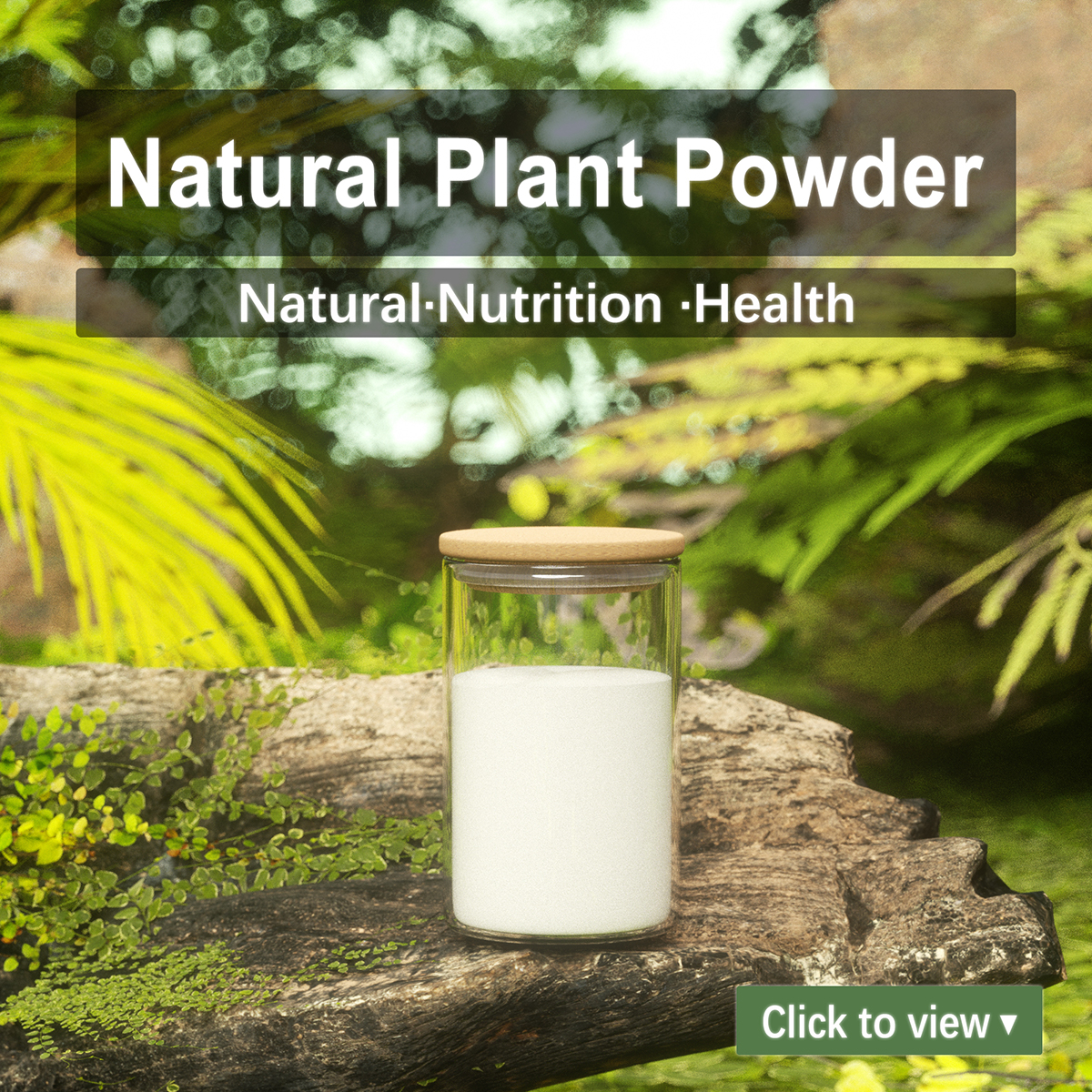
 Description
Description
Rhubarb is a plant. The root and underground stem (rhizome) are used to make medicine.
Rhubarb powder is used primarily for digestive complaints including constipation, diarrhea, heartburn, stomach pain, gastrointestinal (GI) bleeding, and preparation for certain GI diagnostic procedures. Some people use rhubarb so they have to strain less during bowel movements; this reduces pain from hemorrhoids or tears in the skin lining the anal canal (anal fissures).
Rhubarb root powder is sometimes applied to the skin to treat cold sores. In food, rhubarb stems are eaten in pie and other recipes. Rhubarb is also used as a flavoring agent.
Rhubarb Powder Uses
Rhubarb powder is extensively used in traditional Chinese medicine. Rhubarb has been studied for the management of GI and renal function disorders, and for the treatment of hyperlipidemia, cancer, and acute ischemic stroke.
Rhubarb Powder Benefits
1.It’s A Good Source Of Fiber.
Like many fruits and vegetables, turkey rhubarb root powder has a decent amount of fiber—about 2 grams per cup, chopped. Fiber, of course, is great for your digestive health and can help lower blood cholesterol levels. Most of us aren’t eating enough, so stock up.
2. It’s Good For Bone And Heart Health.
Minno says rhubarb powder is also a good source of vitamin K, containing approximately 26 to 37 percent of the recommended daily intake (RDI) in a 3.5 oz serving. Vitamin K is essential for blood clotting, strong bones and maintaining heart health. According to a report published in Nutrition in Clinical Practice, vitamin K has “a positive effect on bone mineral density and decreases fracture risk,” even guarding against osteoporosis.
3. It Boasts More Of An Antioxidant Punch Than Kale.
Rhubarb root powder is rich in phenolic acid, an antioxidant found in cherries, red cabbage, red wine and green tea that supports healthy skin and protects your body from free radical damage. A study published in 2012 found that rhubarb contains even more phenolic acid than nutrient-packed kale.
4. It Could Help Fight Inflammation.
In addition to phenolic acid, rhubarb powder also contains anthocyanins, a type of flavonoid that gives fruits and vegetables their antioxidant-rich red, blue and purple hues. According to a 2010 study, “anthocyanins possess anti-inflammatory and anti-carcinogenic activity, cardiovascular disease prevention, obesity control, and diabetes alleviation properties, all of which are more or less associated with their potent antioxidant property.”
5. It Might Help With Digestion.
Rhubarb root powder has also been studied for its ability to treat digestive issues and gastrointestinal disorders. A 2014 study even showed that the tannins in rhubarb can help to regulate water absorption in the digestive tract of mice, therefore aiding in the prevention of diarrhea.